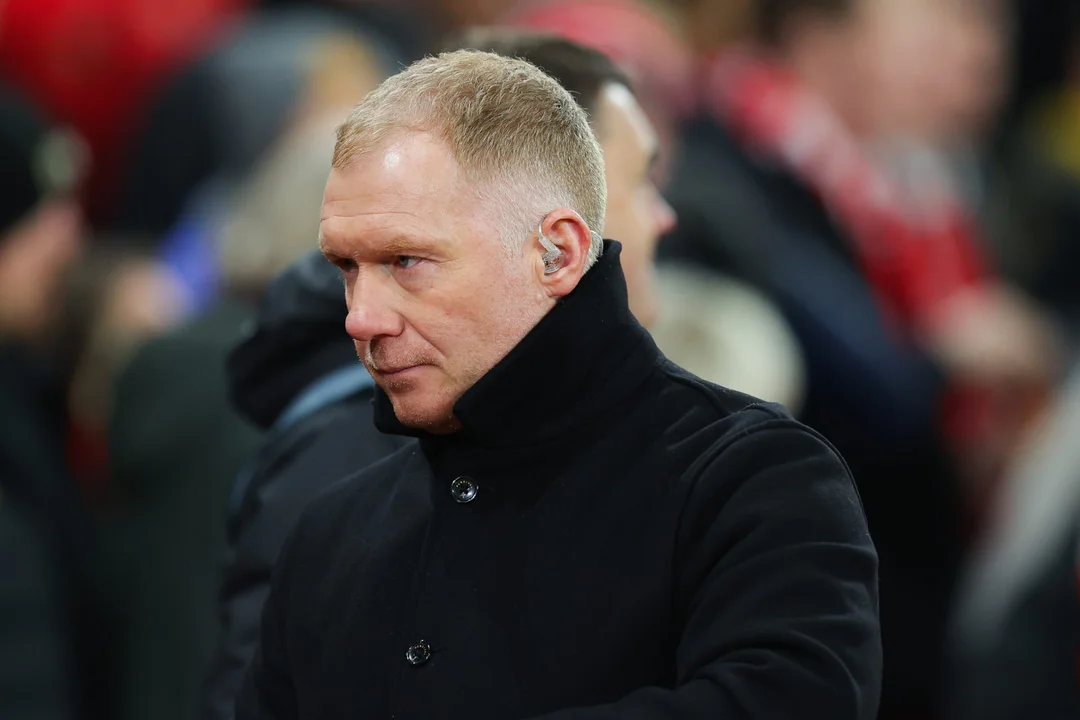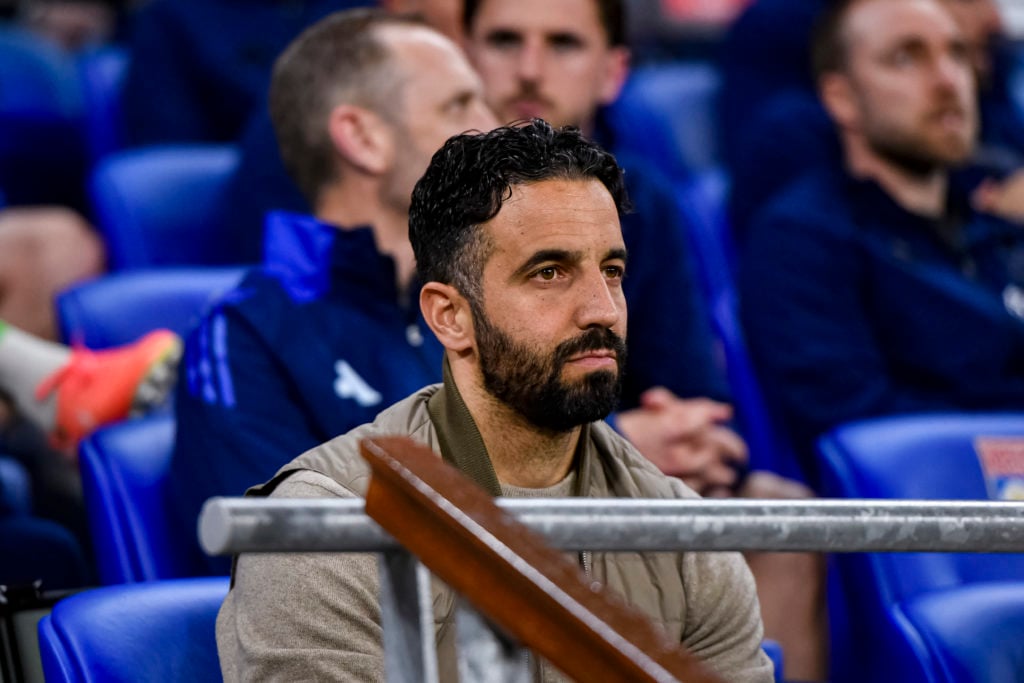
Scholes Claims Amorim Wants Better After United’s Dramatic Lyon Draw
It was another night of frustration for Manchester United as they let victory slip in the dying moments of a high-stakes Europa League quarter-final against Lyon. The 2-2 draw leaves Ruben Amorim’s side with unfinished business, but the drama on the pitch quickly shifted to doubts about United’s future beyond the result—stirred up by the stinging analysis of legend Paul Scholes.

United seemed on course for a crucial first-leg victory, leading deep into injury time thanks to Joshua Zirkzee’s powerful header, which was brilliantly assisted by Bruno Fernandes—one of the few beacons in a struggling campaign. Yet, a fumbled late save from Andre Onana allowed Lyon’s Rayan Cherki to tap in the equaliser, making the Old Trafford return leg a far trickier prospect.
Ruben Amorim, tasked with turning the Red Devils’ fortunes, defended his under-fire goalkeeper after the final whistle. "The team is improving gradually," Amorim insisted, making a public show of faith in a squad wounded by inconsistency. But former club icon Paul Scholes, speaking to TNT Sports, wasn’t won over by the manager’s reassurances. Instead, he painted a picture of a coach privately despondent, held back by a lack of quality across his squad.
"I don’t think he believes that, to be honest," Scholes declared. "I don’t think he likes his team. I think he knows he hasn’t got a great football team. He wants better; he needs better. Everyone knows he needs better if he’s going to challenge and be where Manchester United want to be." According to Scholes, Amorim’s body language on the touchline gave him away—a persistent look of disappointment reflecting deep-seated frustrations.
Scholes’ comments have reignited debate among fans and commentators about the scale of the rebuild still required at United. While the defensive structure has shown signs of improvement—Scholes even conceded the team looked "quite tight, quite solid" in recent games—it has seemingly come at the expense of United’s famed attacking flair. "That real goal threat that they should have, that quality around the pitch, isn’t quite there," he said. Even in midfield, usually the engine room for United’s best sides, Scholes identified a lack of control and creative spark, aside from Fernandes. "You almost need two Bruno Fernandes—one in centre midfield and one as a number 10," he quipped after the Portuguese midfielder’s standout assist to Zirkzee.
The former midfielder’s diagnosis: a lengthy, patient rebuild with “big signings” and a new level of consistency—something that could take "two or three years" to bear fruit. Yet there are glimmers of progress, notably in United’s recent defensive resolve, a far cry from earlier shambolic showings. But as the club finds itself in the unfamiliar role of underdog on the European stage, it’s clear that Amorim faces a monumental task if the club is to return to glory.
The conversation now turns to Old Trafford. Will Amorim be given the tools—and the time—to overhaul the squad as the likes of Scholes recommend? Or will the frustrations of another faltering campaign hasten more radical change? Manchester United’s future remains in the balance, with the eyes of the football world watching and waiting for answers.
What do you think: is Scholes right about the current United squad? Does Amorim need a revolution, or can he build a winning side from these foundations? Share your thoughts in the comments below.